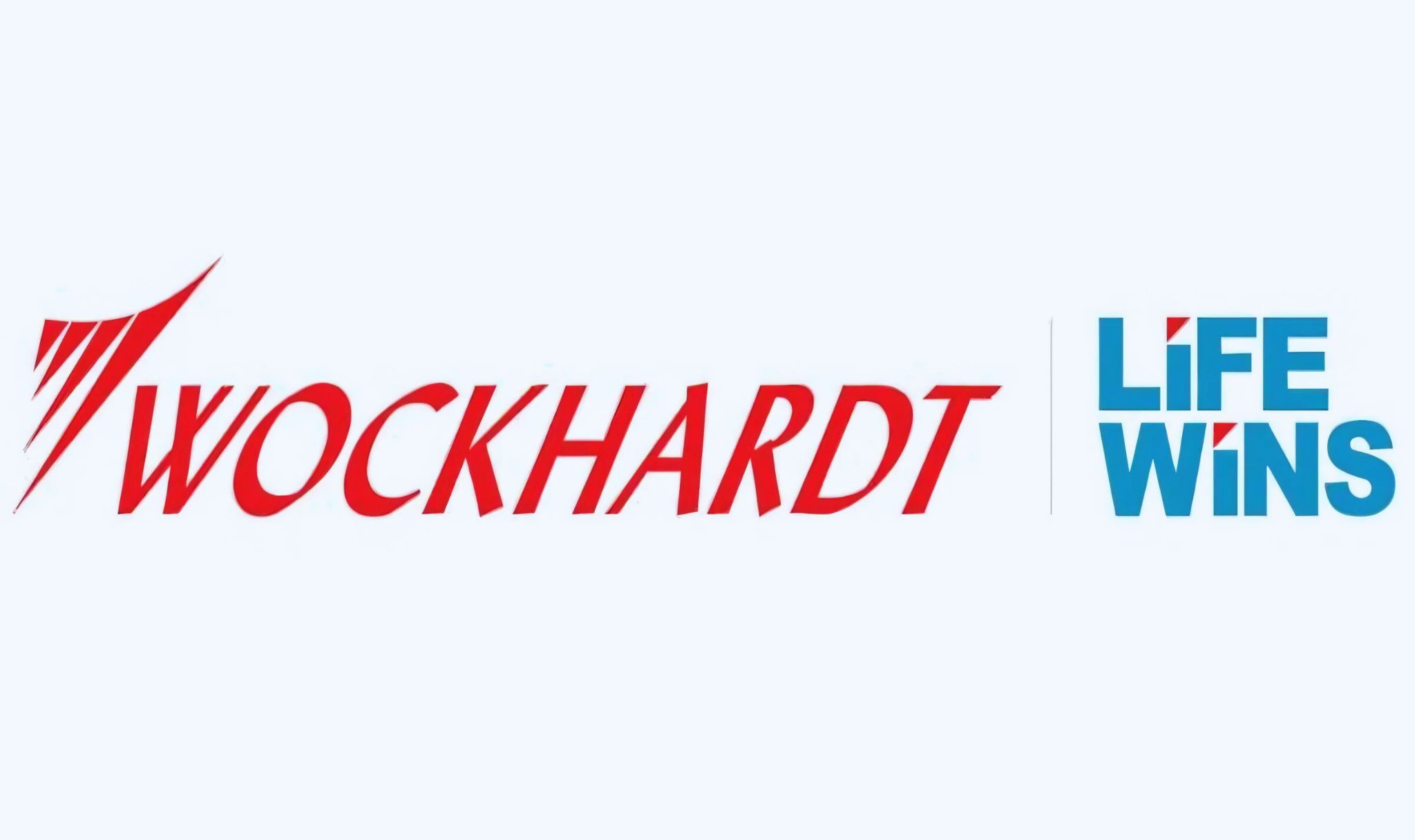The pharma sector has just seen an incredible leap with the successful application of Wockhardt’s experimental antibiotic, Zaynich. The drug has recently been responsible for curing a life-threatening drug-resistant infection in a 15-year-old patient suffering from cancer in the US under compassionate use. This is the third such successful treatment by Zaynich, which is still in Phase III clinical trials. The news not only supported the company’s prospects but also contributed to a significant increase in its stock price. Nevertheless, despite these events, wider tariff negotiations and fears regarding the pharma sector’s outlook still hang over market sentiment.
The Breakthrough: Zaynich’s Success in Treating a Severe Drug-Resistant Infection
Wockhardt’s Zaynich, an experimental antibiotic, has been in the limelight after it successfully treated a 15-year-old patient with Acute Myeloid Leukemia (AML), which is a form of blood and bone marrow cancer. The young patient had failed to respond to nine other antibiotics before receiving the treatment through compassionate use.
Compassionate use means the administration of an experimental medication to patients for whom there is no other course of treatment available. In the present instance, the US FDA approved compassionate use of Zaynich as the patient’s condition was critical. The patient was a youth who had been suffering from a severe Gram-negative infection, and after 41 days of being treated with Zaynich, the infection was cured and the patient’s condition stabilized.
Wockhardt’s news of the success of Zaynich in this instance has brought a ray of hope not just to the patients but also to the investors of the company, as the antibiotic has now demonstrated its effectiveness in curing a life-threatening infection under highly adverse conditions.
The Increasing Potential of Zaynich in the Pharma Industry
Zaynich’s success is especially timely in light of the growing world burden of drug-resistant infections. The emergence of drug-resistant bacteria has become one of the greatest healthcare challenges faced by the world today, with the most immediate challenges arising from treating Gram-negative infections, notoriously difficult to cure. Zaynich’s capacity to conquer these challenges poses a rare chance for Wockhardt to position itself as one of the foremost companies in the global antibiotic business.
The firm has successfully treated a total of 51 patients suffering from life-threatening Gram-negative infections under the Zidebactam/Cefepime compassionate use program, the active components of Zaynich. Wockhardt also announced an important milestone earlier this year, with Zaynich reporting a 96.8% efficacy rate in the Phase III study for complicated urinary tract infections (cUTI). Although the drug is not yet officially approved for introduction to market, its advancement through clinical trials is an encouraging sign of its future as a tool in the fight against antibiotic resistance.
So What Does This Portend for Wockhardt’s Future?
The success and positive outcomes of Zaynich’s compassionate use cases and clinical trials are certainly propelling Wockhardt in the right direction, both therapeutically and financially. As Wockhardt continues to accumulate more data through its current trials, there is little doubt that Zaynich will be at the heart of Wockhardt’s growth strategy in the future.
Wockhardt plans to finish the trials and obtain regulatory approvals within a couple of years, with targets of introducing the drug into the market by 2026. This timeline sees Zaynich as having a chance at being a potential blockbuster drug, particularly in the expanding market of antibiotic drugs that remains to record high demand for new drugs resulting from the growing cases of bacterial resistance.
Wockhardt Stock Sees Positive Movement Amidst Broader Pharma Concerns
After Wockhardt announced Zaynich’s success, its share price jumped more than 2% on April 1, reflecting investors’ confidence in the company’s future. Wockhardt shares have risen by 21% in the last month, making a recovery from a 52-week low to an earlier high this year. Investors are more positive about the company’s prospects after the success of its experimental antibiotic Zaynich and the long-term growth opportunities in the pharma business.
But the stock price rise of Wockhardt comes against the backdrop of overall weakness in the pharma sector. The Nifty Pharma index fell over 1.7% on the same day when Wockhardt shares went up, as worries over trade tensions across the world and the effect of possible tariffs dampened market mood. On April 2, US President Donald Trump is set to announce new retaliatory tariffs, which are likely to be imposed on the pharmaceutical industry among others. The threat of tariffs may influence the supply chain and pricing mechanism of international pharma companies, which is an area of concern for most investors.
a) Market Volatility and Pharma Sector Sentiment
The wider weakness in the pharma sector is primarily due to tariff increase concerns and the possible effects of trade policy on the international supply chains that the sector depends on. While there is good news around individual companies such as Wockhardt, overall sentiment is still cautious, with investors waiting to see what happens next in anticipation of future announcements and global trade news.
The Indian pharmaceutical industry, in general, has to contend with issues of pricing pressures, regulatory challenges, and competitive market forces. While players such as Wockhardt continue to innovate with promising therapies, there is still a great deal of uncertainty regarding the regulatory environment, particularly in major markets such as the United States and Europe.
b) Wockhardt’s Resilience and Future Outlook
Apart from the overall industry challenges, Wockhardt has shown tremendous strength and growth capacity. The diversified portfolio of the company, from its efforts to develop new antibiotics to its reach across multiple therapy areas, sets it up nicely to ride out the storm in the pharma space.
Additionally, Wockhardt’s R&D strategic investments and robust pipeline of research drugs are projected to fuel future growth. The success of Zaynich and its solution for the critical problem of antibiotic resistance offers a chance for Wockhardt to make a big difference in the healthcare industry as a leader in combating drug-resistant infections.
Conclusion: Wockhardt’s Promising Future Despite Challenges
Wockhardt’s success with Zaynich, along with the positive trend in its stock price, foretells a bright future for the company. Nevertheless, similar to most other pharmaceutical companies, it is confronted by external pressures from sources like global trade tensions, regulatory uncertainties, and tariff threats. Despite these obstacles, the company’s focus on innovation, as evidenced by the success of Zaynich in the treatment of drug-resistant infections, has attracted considerable interest from investors.
As Wockhardt goes forward with its clinical trials and pursues regulatory approval for its drugs in development, such as Zaynich, the company is well positioned to become a major player in the world pharmaceuticals market. Investors and market analysts will be watching closely to see what’s next for Wockhardt, especially as the company moves toward a launch in 2026.
In short, though the pharma market is plagued with its own set of issues, Wockhardt’s drug development success, innovative culture, and solid market performance indicate a rosy future.















0 Comments